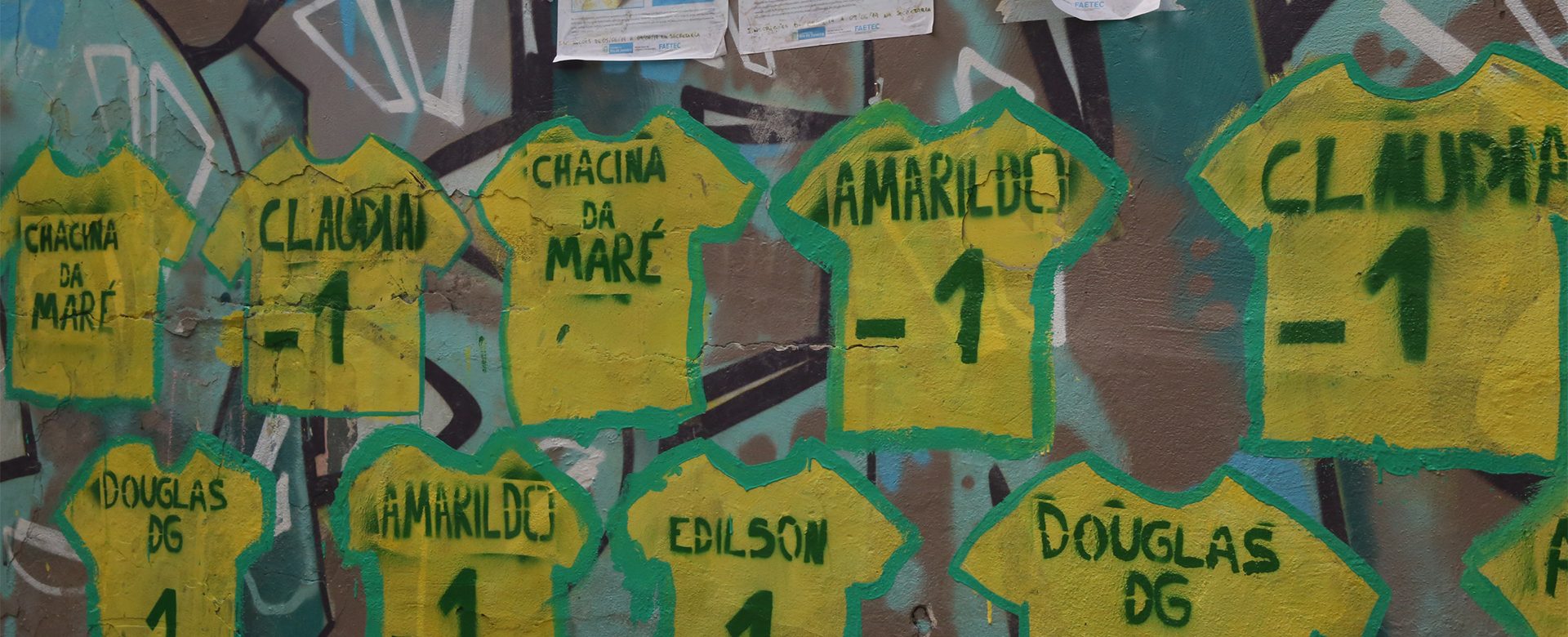
Our strategies
We act on several fronts in a concerted manner to enhance the impact of our work and guarantee full rights for all people.
RESEARCH AND DOCUMENTATION
We follow up emblematic cases and prepare thematic or regional reports, through the collection of information, data production and systematization, field research (on-site visits), and direct interviews with victims of human rights violations, in order to disseminate knowledge and subsidize the monitoring work, the complaints, and public debates and policies on structural human rights issues.
TRAINING
We put together seminars, debates, exchanges, and courses on our working topics, as well as workshops on integral protection strategies for human rights defenders and on the access to international mechanisms for the protection of human rights. In addition, we produce educational and mobilization materials to disseminate, expand and strengthen knowledge about the rights of peoples, communities, social groups, and territories.
STRATEGIC LITIGATION
We operate in the Inter-American Human Rights System of the Organization of American States (OAS) and in the human rights protection mechanisms of the United Nations (UN) seeking accountability, reparation, and justice, through the submission and follow-up of petitions for cases and complaints, requests for precautionary measures, participation in hearings and thematic committees, preparation of amicus curiae briefs, submission and monitoring of reports for special procedures, as well as advising on visits by special rapporteurs to Brazil.
COMMUNICATION
We produce publicity and mobilization material in different languages about the institution's action topics. We also offer subsidies to the press with suggestions for the agenda, information, debates, and analyses, in order to make conflicts, subjects, and resistances visible, to amplify complaints and to dispute narratives. We also collaborate with the communication of social movements and networks we are part of.
ADVOCACY
We monitor public policies and government actions (from the legislative, executive, and judiciary branches) to fortify a democratic state infrastructure, by preparing recommendations and carrying out actions to increase both social participation and the observation of human rights in decision-making, in addition to participating in collegiate spaces, such as the National Human Rights Council.
NETWORK ARTICULATION
We believe it is essential to strengthen social movements and work together with local, national, and international organizations so that civil society participation is stronger and more efficient. Therefore, we participate in several networks and build spaces and materials in strategic partnerships with civil society. We are also committed to making our channels available for mobilization around emergencies that affect people and groups whose rights have been violated.